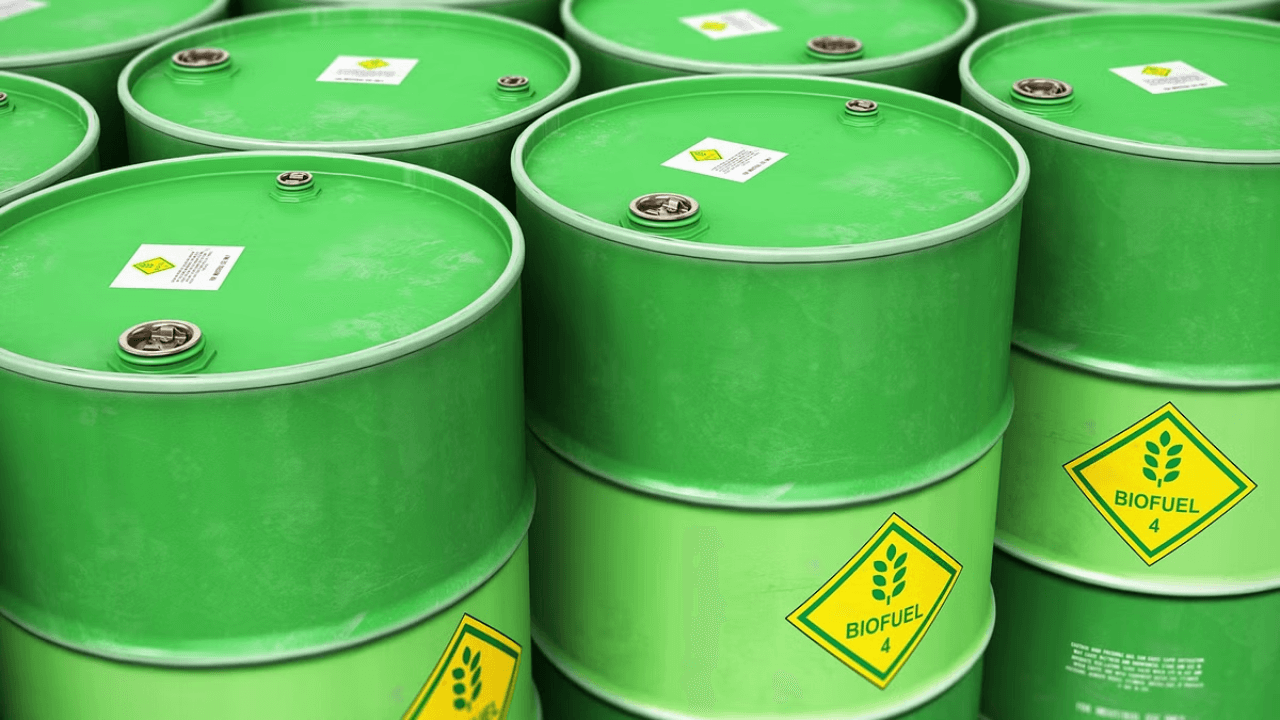Registration for CBG and Biogas Plants
The Ministry of Jal Shakti’s Department of Drinking Water and Sanitation (DDWS) has introduced a Unified Registration Portal for GOBARdhan (gobardhan.co.in). This portal aims to streamline the registration process for Compressed Bio-Gas (CBG) and biogas plants across the nation. DDWS, as the Nodal Department for GOBARdhan, reports that more than 1163 biogas plants and 426 CBG plants have successfully registered on the portal. These registered plants are now eligible for assistance under the Market Development Assistance (MDA) scheme provided by the Department of Fertilizers, Ministry of Chemicals & Fertilizers.
MDA Scheme: Boosting Organic Fertilizer Production
The MDA scheme offers a subsidy of Rs. 1500 per metric ton for the sale of Fermented Organic Manure (FOM), Liquid Fermented Organic Manure (LFOM), and Phosphate Rich Organic Manure (PROM) produced at biogas and CBG plants under the GOBARdhan initiative. To qualify for MDA, manufacturing plants must be registered on the Unified GOBARdhan portal and comply with the Fertilizer Control Order (FCO) specifications for organic fertilizers.
Expanding Market Access and Ensuring Quality
Manufacturing units registered on the Unified registration portal for GOBARdhan can market FOM/LFOM/PROM, co-products of CBG/Biogas plants, through Fertilizer Marketing Companies in both packed and bulk forms. For two quarters (October 2023 to March 2024), manufacturing plants are allowed to market FOM/LFOM/PROM in bulk/loose form on an experimental basis. Quality testing of the organic manure will be conducted at Government-notified laboratories and NABL accredited private labs.
MDA Scheme: Driving Sustainable Agriculture
The Department of Fertilizers, Ministry of Chemicals & Fertilizers, has launched the MDA scheme with a substantial budget of Rs. 1451.82 Crore spanning three years (FY 2023-24 to FY 2025-26). The scheme’s primary objectives are to promote the production and adoption of organic fertilizers derived from GOBARdhan plants. This initiative seeks to encourage sustainable and organic agricultural practices across the country, reducing reliance on chemical fertilizers and urea. The use of bio-slurry, a byproduct of CBG/Biogas plants, has the potential to increase organic farming and deliver economic benefits to farmers while promoting Integrated Nutrient Management and reducing the overuse of chemical fertilizers.
Boosting CBG/Biogas Plants and Private Investments
The MDA scheme serves as a significant booster for the CBG/Biogas sector in India. As the country strives to meet its climate targets and achieve net-zero commitments, this scheme ensures the financial viability of CBG plants, making them attractive to private investments. The successful marketing of FOM/LFOM also instills confidence in financial institutions, simplifying the loan process. For entrepreneurs and private investors, monetizing these co-products accelerates the long-term sustainability of plants, inviting new players to join the burgeoning CBG/Biogas sector.
GOBARdhan: A Holistic Approach to Waste Transformation
GOBARdhan is a pioneering multi-ministerial initiative dedicated to converting biodegradable and organic waste, including cattle dung, agricultural residues, and biomass, into valuable resources such as biogas, CBG, and organic manure. This “Whole of Government” approach not only advances high-value biogas and CBG production but also harnesses the power of bio-slurry – a form of FOM that enhances soil health, carbon content, and water retention capacity. When used alongside chemical fertilizers, bio-slurry promotes responsible fertilizer usage, reduces urea imports, and advocates for sustainable agriculture.
Policy Enablers: Paving the Way for Growth
Several key policy enablers have played pivotal roles in advancing the GOBARdhan initiative, such as standardizing bio-slurry, including CBG plants in Agri Infrastructure Fund (AIF) and Agriculture Infrastructure and Development Fund (AHIDF), recalibrating CBG plant categories, and the revival of the Waste to Energy Scheme. The most recent and crucial addition to these enablers is the introduction of the MDA scheme for organic fertilizers produced under GOBARdhan plants.
Conclusion: Registration for CBG and Biogas Plants
The launch of the MDA scheme perfectly aligns with the twin goals of efficient organic waste management and enriching soil organic carbon in agricultural soils, creating fertile ground for organic farming. Through a combination of existing and forthcoming policy enablers in the biogas/CBG space, the government’s ultimate vision is to expand the reach, awareness, and implementation of biogas/CBG plants, transforming the sector into an attractive destination for private sector investments.
- SIDBI Grade B Notification 2025 Out For 26 Manager Post
- SSC CGL Tier 2 Weightage of English and Quants, Check Here
- 7 Tips for Staying Motivated during SSC CGL Exam Preparation
- General Science Question for SSC CGL Exam, Attempt Here
- SIDBI Grade B Syllabus & Exam Pattern 2025, Download PDF

